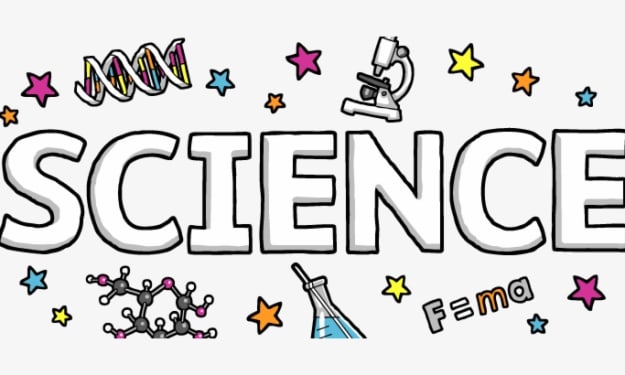Quantum computing
Explain quantum computing in simple terms

Quantum computing is a type of computing that uses the principles of quantum mechanics, which is a branch of physics that deals with very tiny particles like atoms and photons. Traditional computers use bits to store and process information, where each bit can represent either a 0 or a 1. On the other hand, quantum computers use quantum bits, or qubits, which can represent both 0 and 1 at the same time.
This unique property is called superposition, and it allows quantum computers to perform many calculations simultaneously, making them potentially much faster than classical computers for certain tasks. Imagine flipping a coin and it landing on both heads and tails until you look at it and see only one outcome; that's somewhat similar to how a qubit can exist in multiple states until it's measured.
Additionally, qubits can be "entangled" with each other, meaning that the state of one qubit can depend on the state of another, no matter how far apart they are. This entanglement enables quantum computers to perform operations on multiple qubits at once, exponentially increasing their processing power for certain problems.
Quantum computing has the potential to revolutionize various fields, such as cryptography, drug discovery, optimization, and simulations of complex systems, by solving problems that are currently intractable for classical computers. However, building and maintaining stable quantum computers is extremely challenging due to the delicate nature of quantum states, and they are still in the early stages of development.
Random numbers are used in countless applications of everyday life (cryptography, Monte Carlo methods, gambling games). This patented True Random Number Generator (TRNG) is based on the intrinsic randomness of quantum measurements. It consists of a method and an apparatus to generate random numbers by measuring the quantum fluctuations of the electromagnetic vacuum in two complementary bases. The random sequence derives from measurements that are known to give unpredictable outputs, and its validity is intrinsically verified by exploiting the quantum uncertainty principle. It can generate a higher random number rate than prior TRNG technology and offers elevated levels of security. This random number generator is useful in many fields such as cryptography, gambling, statistical sampling, computer simulation, completely randomized design.
Quantum computing is a rapidly-emerging technology that harnesses the laws of quantum mechanics to solve problems too complex for classical computers.
Today, IBM Quantum makes real quantum hardware — a tool scientists only began to imagine three decades ago — available to hundreds of thousands of developers. Our engineers deliver ever-more-powerful superconducting quantum processors at regular intervals, alongside crucial advances in software and quantum-classical orchestration. This work drives toward the quantum computing speed and capacity necessary to change the world.
These machines are very different from the classical computers that have been around for more than half a century. Here's a primer on this transformative technology.
Explore IBM Quantum systems
When scientists and engineers encounter difficult problems, they turn to supercomputers. These are very large classical computers, often with thousands of classical CPU and GPU cores capable of running very large calculations and advanced artificial intelligence. However, even supercomputers are binary code-based machines reliant on 20th-century transistor technology. They struggle to solve certain kinds of problems.
If a supercomputer gets stumped, that's probably because the big classical machine was asked to solve a problem with a high degree of complexity. When classical computers fail, it's often due to complexity.
Complex problems are problems with lots of variables interacting in complicated ways. Modeling the behavior of individual atoms in a molecule is a complex problem, because of all the different electrons interacting with one another. Identifying subtle patterns of fraud in financial transactions or new physics in a supercollider are also complex problems. There are some complex problems that we do not know how to solve with classical computers at any scale.
The real world runs on quantum physics. Computers that make calculations using the quantum states of quantum bits should in many situations be our best tools for understanding it.
About the Creator
jestoni castañeda
socialize by anonymous identity for famous output





Comments
There are no comments for this story
Be the first to respond and start the conversation.